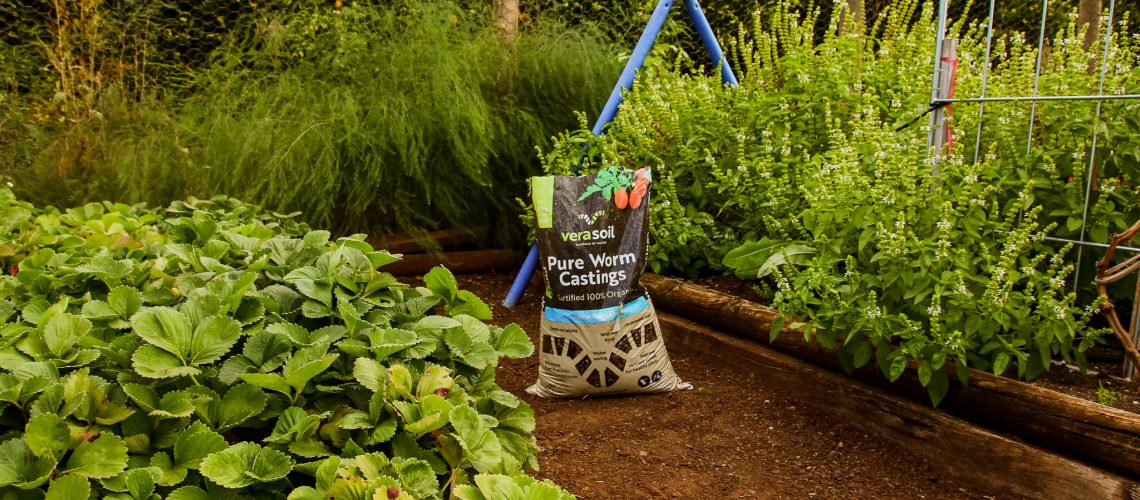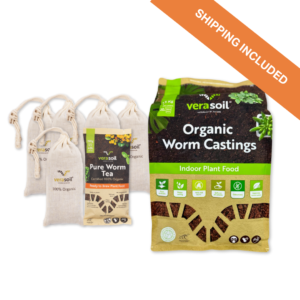

Gary Dal Broi
Agronomist & Production Innovation /
Managing Director
Nurturing Your Garden in Winter: Essential Care Tips for the Chilly Season


Gary Dal Broi
Agronomist & Production Innovation /
Managing Director
Nurturing Your Garden in Winter: Essential Care Tips for the Chilly Season
With proper care and attention, you can ensure your garden stays healthy and thrives even during the colder months. In this blog post, we will explore essential tips on how to care for your garden in winter to guide you through the process.
Protecting Plants from Frost:
Frost can be detrimental to many plants, so it’s important to shield them from its icy grasp. Here’s how:
- Mulching: Apply a thick layer of organic mulch, such as straw or compost, around the base of your plants. This helps insulate the soil, retaining heat and protecting the roots from freezing temperatures.
- Covering: Use horticultural fleece or cloches to cover delicate plants during frosty nights. These protective covers create a barrier that traps heat and shields plants from icy winds.
Pruning and Trimming:
Winter is an ideal time for pruning certain plants to promote healthy growth in the upcoming seasons. Follow these guidelines:
- Deciduous Trees and Shrubs: Prune dormant deciduous trees and shrubs to remove dead, diseased, or damaged branches. This encourages better airflow, prevents the spread of diseases, and promotes new growth in spring.
- Evergreen Shrubs: Lightly prune evergreen shrubs to maintain their shape and remove any dead or crossing branches. Avoid heavy pruning, as it may lead to winter damage.
Watering Wisely:
Although plants require less water during winter, it’s crucial to keep them adequately hydrated. Consider the following:
- Monitor Soil Moisture: Check the moisture level of the soil regularly and water only when necessary. Stick your finger into the soil to a depth of about an inch. If it feels dry, water the plants gently.
- Watering in the Morning: Water your plants in the morning to allow sufficient time for the moisture to evaporate before evening. This helps prevent fungal diseases caused by prolonged moisture on leaves and stems.
Maintaining Containers and Beds:
Proper maintenance of containers and beds during winter ensures a healthy environment for your plants. Here’s what to do:
- Drainage: Ensure containers have proper drainage to prevent waterlogging. Elevate them on pot feet or place a layer of pebbles at the bottom to improve drainage.
- Clear Debris: Regularly remove fallen leaves, twigs, and other debris from your garden beds and containers. This prevents the buildup of pathogens and pests during the dormant season.
Planning for Spring:
Winter is an excellent time to plan for the upcoming spring season and prepare your garden for new growth:
- Order Seeds and Bulbs: Browse seed catalogues and place orders for seeds and bulbs to ensure you have a wide variety of plants to choose from when the time comes to sow or plant.
- Soil Enrichment: Incorporate organic matter, such as compost or well-rotted manure, into your garden beds. This improves soil fertility and structure, providing a nutrient-rich environment for your plants to thrive.
Don’t let the cold weather deter you from caring for your garden. By implementing these winter garden care tips, you can ensure your plants stay healthy and vibrant, setting the stage for a bountiful spring season.







